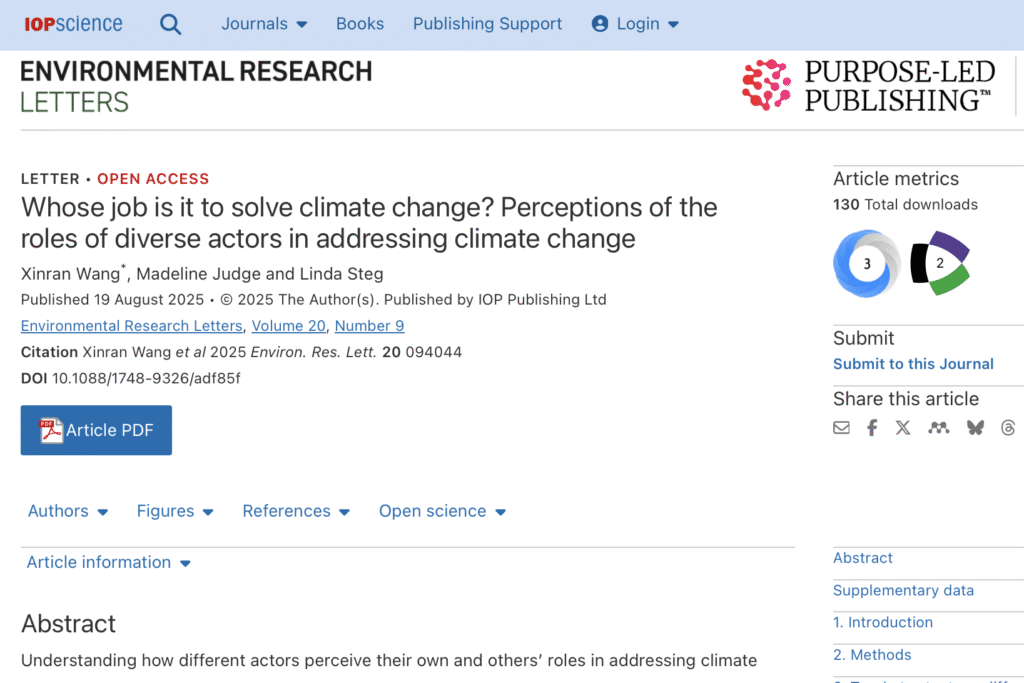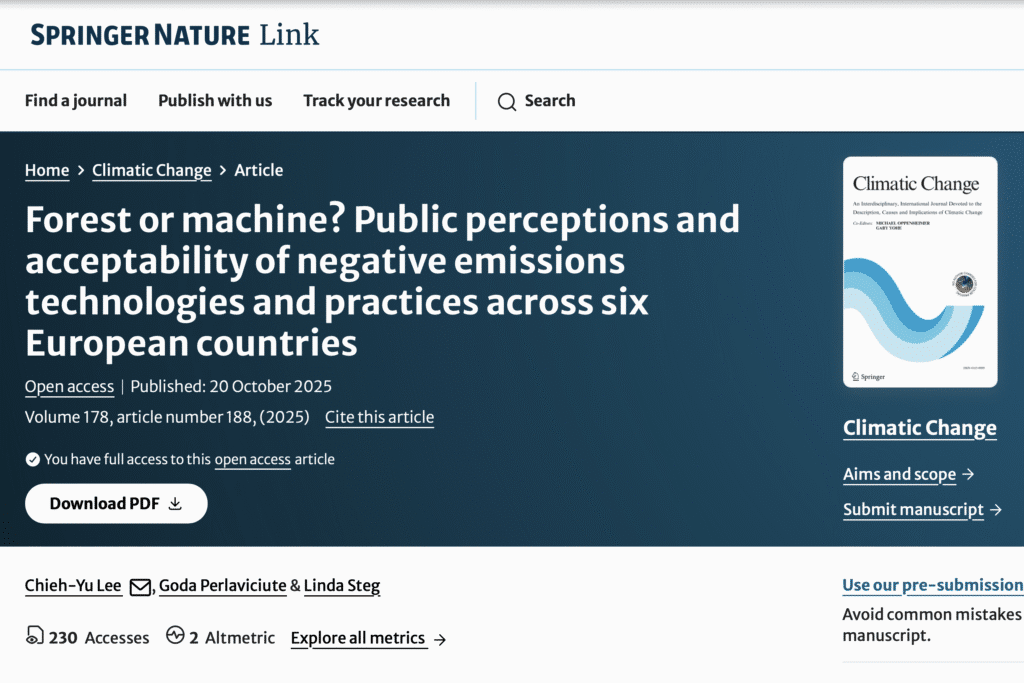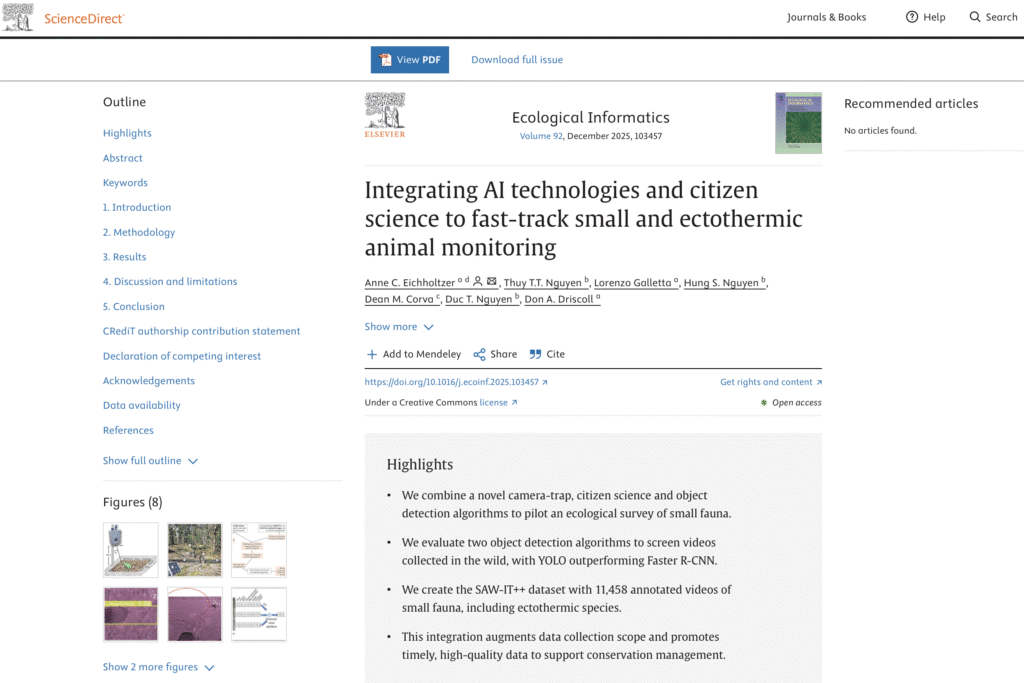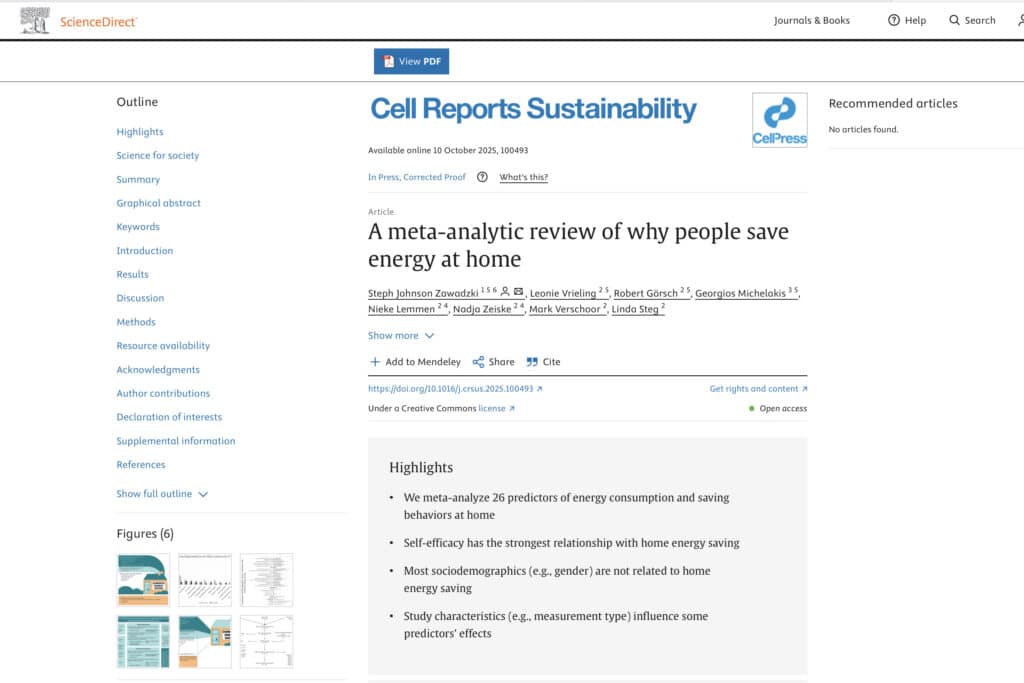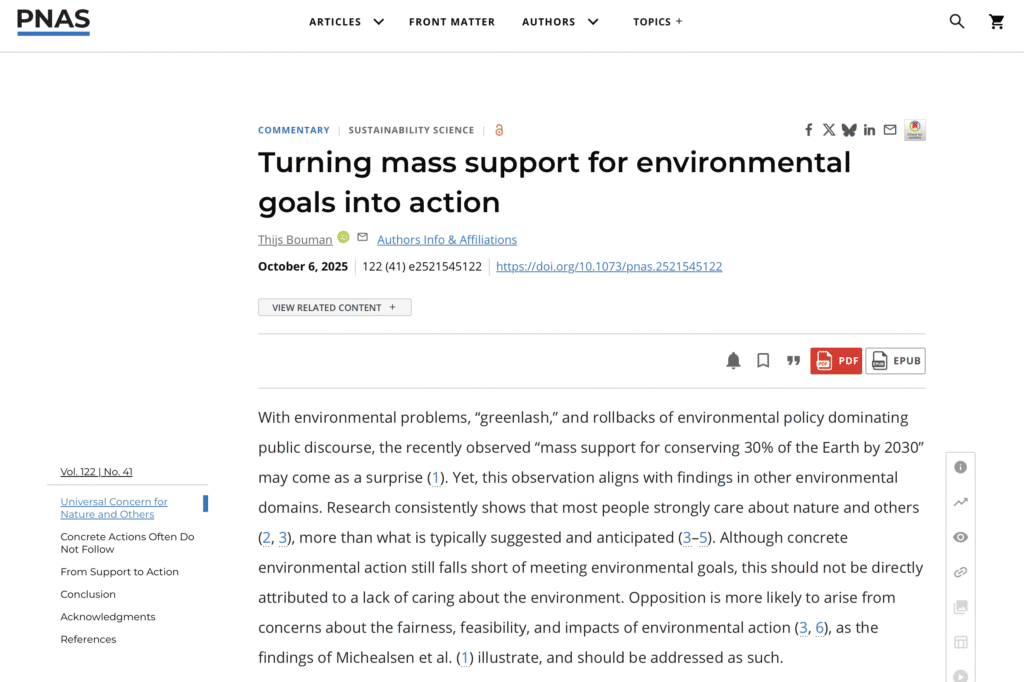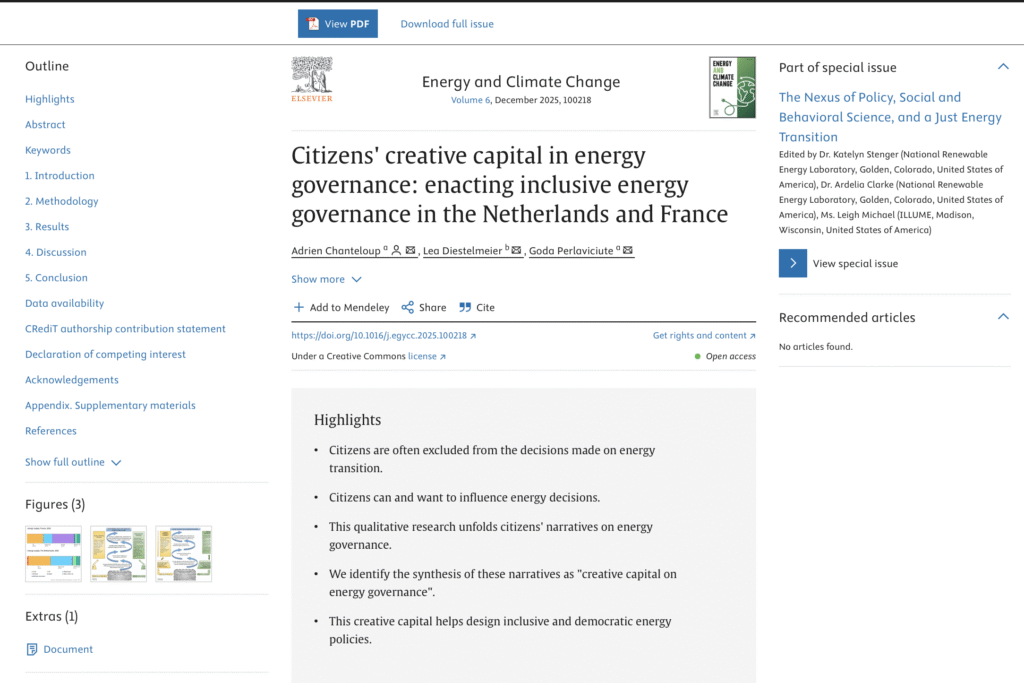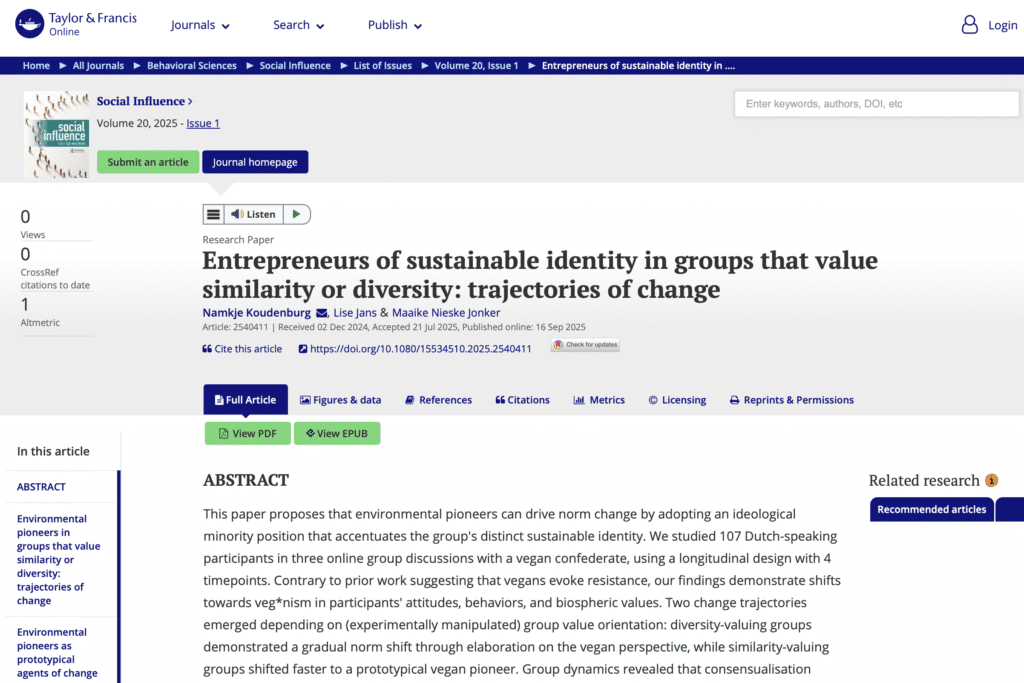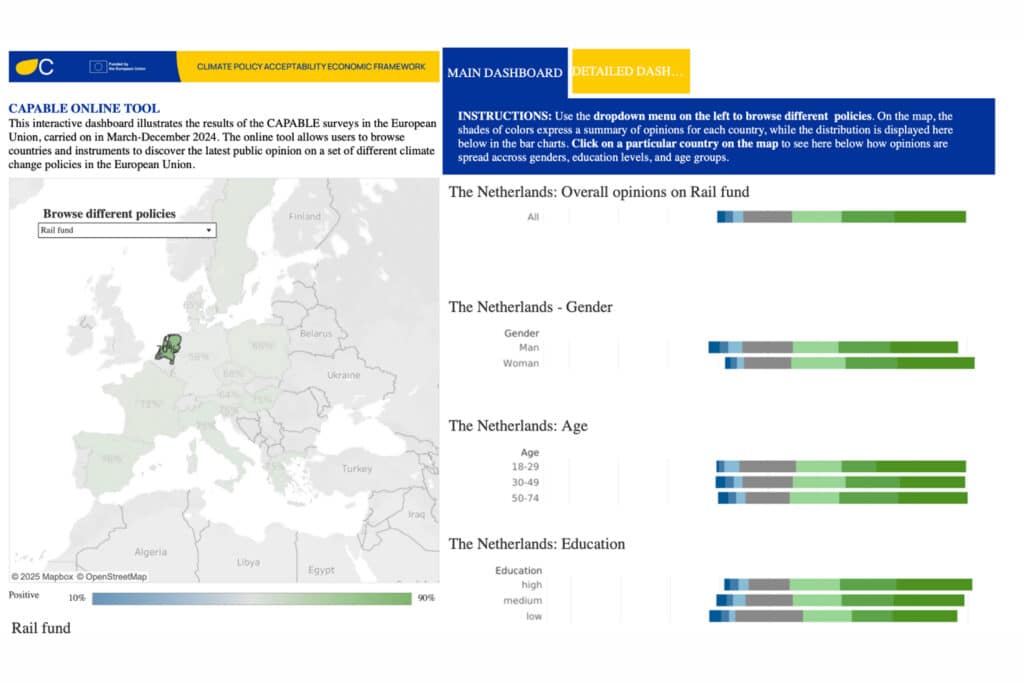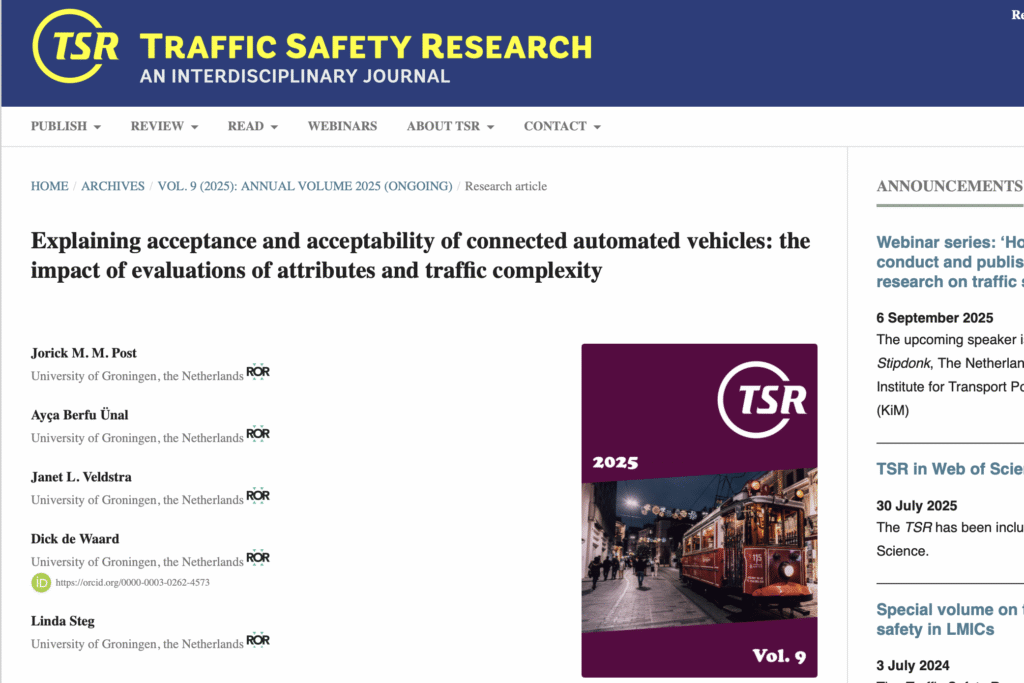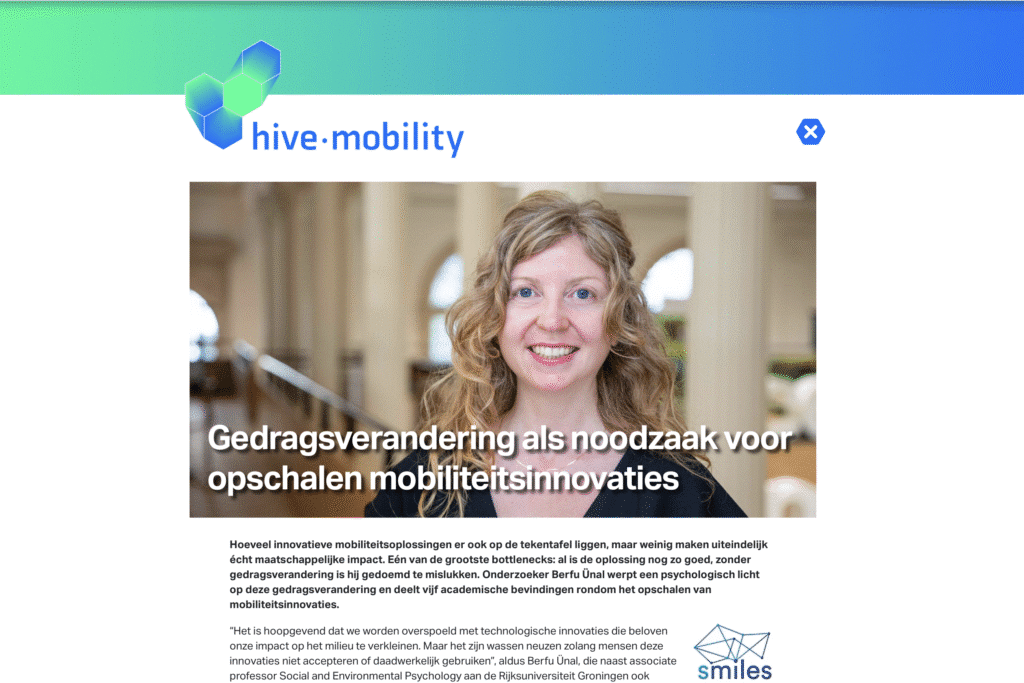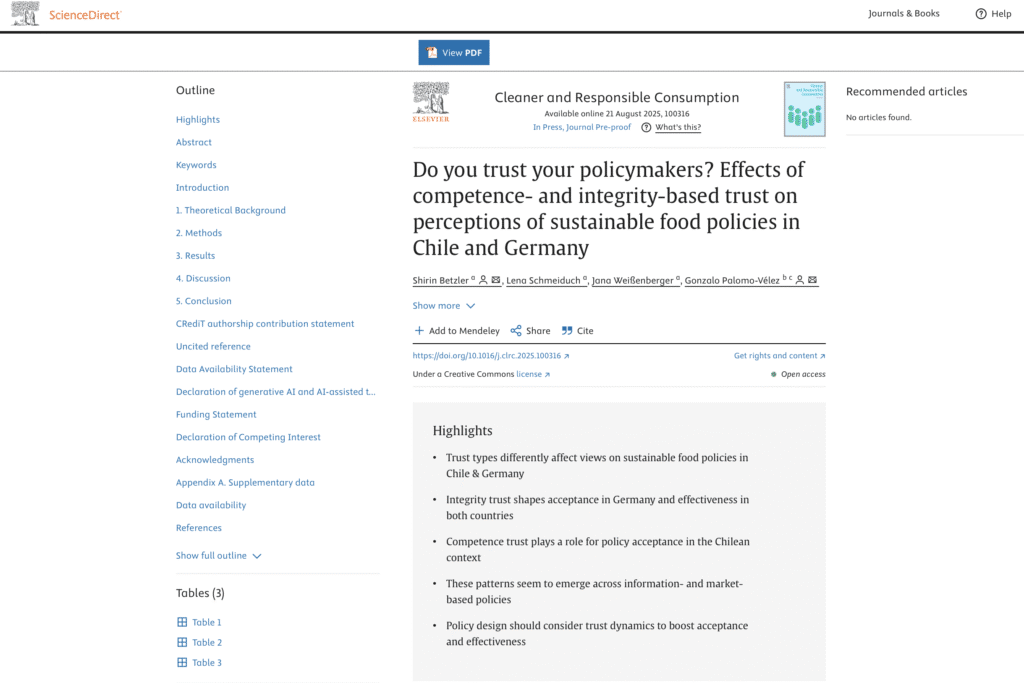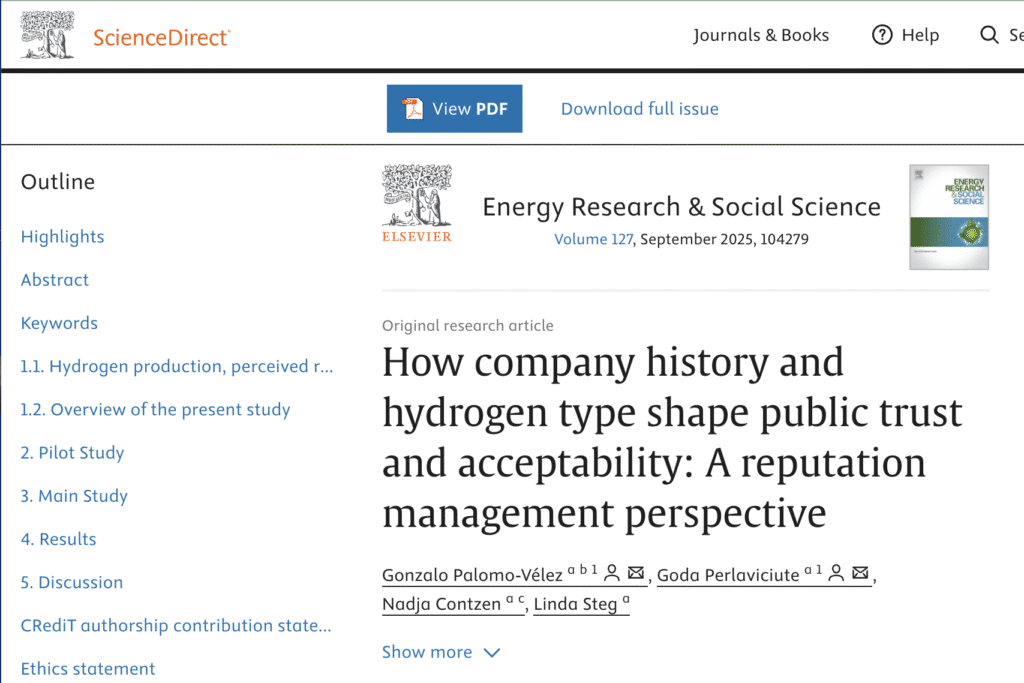Abstract
Understanding how different actors perceive their own and others’ roles in addressing climate change is critical to promoting societal-wide climate action. Yet, most studies focused on the perceptions held by the general population. We extended previous work by examining a unique sample of government, business, and resident representatives. We assessed the extent to which these three groups perceive different actors as responsible, capable, and likely to take climate action, as well as their own responsibility, capacity, and likelihood to act as residents or employees, respectively. We found that Dutch residents and representatives from governments and businesses believe that most societal actors are not doing enough and that the government and businesses are most responsible and capable of taking climate action. Compared to Dutch residents, however, representatives from governments and particularly businesses reported that they have relatively low responsibility and capacity to act. This discrepancy highlights the need to empower different actors, particularly professionals (i.e. from governments and businesses), to fulfill their roles in achieving climate goals. We discuss the scientific and practical implications of better understanding the perspectives of diverse actors and identifying ways to leverage their potential contributions to collective climate progress.
Whose job is it to solve climate change? Perceptions of the roles of diverse actors in addressing climate change
Xinran Wang, Madeline Judge and Linda Steg
19 August 2025
Environmental Research Letters
DOI 10.1088/1748-9326/adf85f
